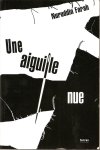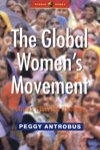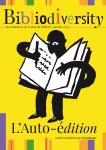
In A Naked Needle, with a finesse that is not lacking in nerve – the explicit reference is to none other than James Joyce’s Ulysses– Nuruddin Farah adds to the love story a stroll through the city, as well as a detailed analysis of the psychology of his characters, each of whom sees the relationships from a different viewpoint. This increases the readers’ feelings of empathy, and they will inevitably be surprised as they identifies with one or other member of this community.
This is where one of the keys to the great success of Farah’s novels lies: the power of the novelist to take us gently and firmly by the hand and make us identify with individuals who remain timeless. “Outside of time, because they are them although they could be us” – writes Abdourahman A.Waberi in the prologue.
Born in Baidoa, in what was then Italian Somalia, Nuruddin Farah grew up in Ogaden, a Somali province in eastern Ethiopia, before going off to study in India in the mid 1970s. Back in his home country, he made a name for himself in 1968 in Mogadishu as a teacher, but above all as the first novelist to use both English and Somali. A double success – unusual, certainly – which was to precipitate his exile, sealed by the military junta of Mohamed Siad Barre, who came to power in 1969.
In an excellent translation into French by Catherine Pierre-Bon and a remarkable cover design, A Naked Needle signals the editorial orientation of the “Terres d’écritures” collection, which is being published jointly by seven French-language publishers. A demanding collection of books that are destined to last, and which strongly reassert the universality of literature.
Year of publication : 2007,
260 pages,
14,5 X 22 cm
The collection “Terres d’écritures” welcomes popular, literary and poetry creations co-published by publishers from the North and the South. Co-publications in this collection are labeled “Le Livre équitable” (Fair Book label).

























